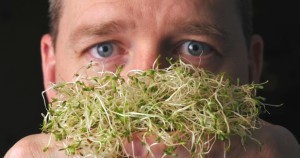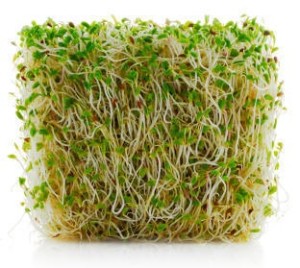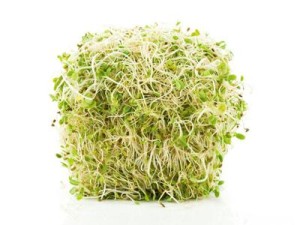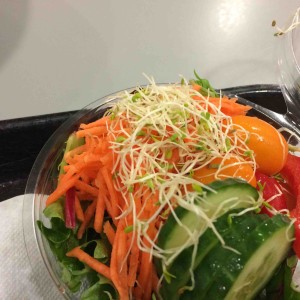Sometimes it’s time for a career change.
Folks change jobs for lots of reasons: boredom, a new challenge, opportunity, and others.
Or because of a consent decree of permanent injunction from a federal court.
According to an FDA news release, a Virginia soy bean sprout company Henry’s Farm Inc and owner Soo C. Park are not allowed to receive, process, manufacture, prepare, pack, hold or distribute ready-to-eat soybean and mung-bean sprouts.
Henry’s farm has been the example of a bad food safety culture with FDA warning them that the place was a dump in 2012. And the situation continued in 2014. And then a recall in 2015.
The FDA worked with the Virginia Department of Agriculture and Consumer Services (VDACS) in conjunction with the Virginia Rapid Response Team to conduct multiple inspections and collect an extensive amount of environmental, in-process, and finished sprout product samples from Henry’s Farm, Inc., several of which tested positive for Listeria monocytogenes (L. mono).
Under the consent decree, the company cannot process or distribute food until they demonstrate that its facility and processing equipment are suitable to prevent contamination in the food that it processes, prepares, stores and handles. Henry’s Farm, Inc. must, among other things, retain an independent laboratory to collect and analyze samples for the presence of L. mono, retain an independent sanitation expert and develop a program to control L. mono and to eliminate unsanitary conditions at its facility. Once the company is permitted to resume operations, the FDA may still require the company to take action if the agency discovers future violations of food safety practices.









